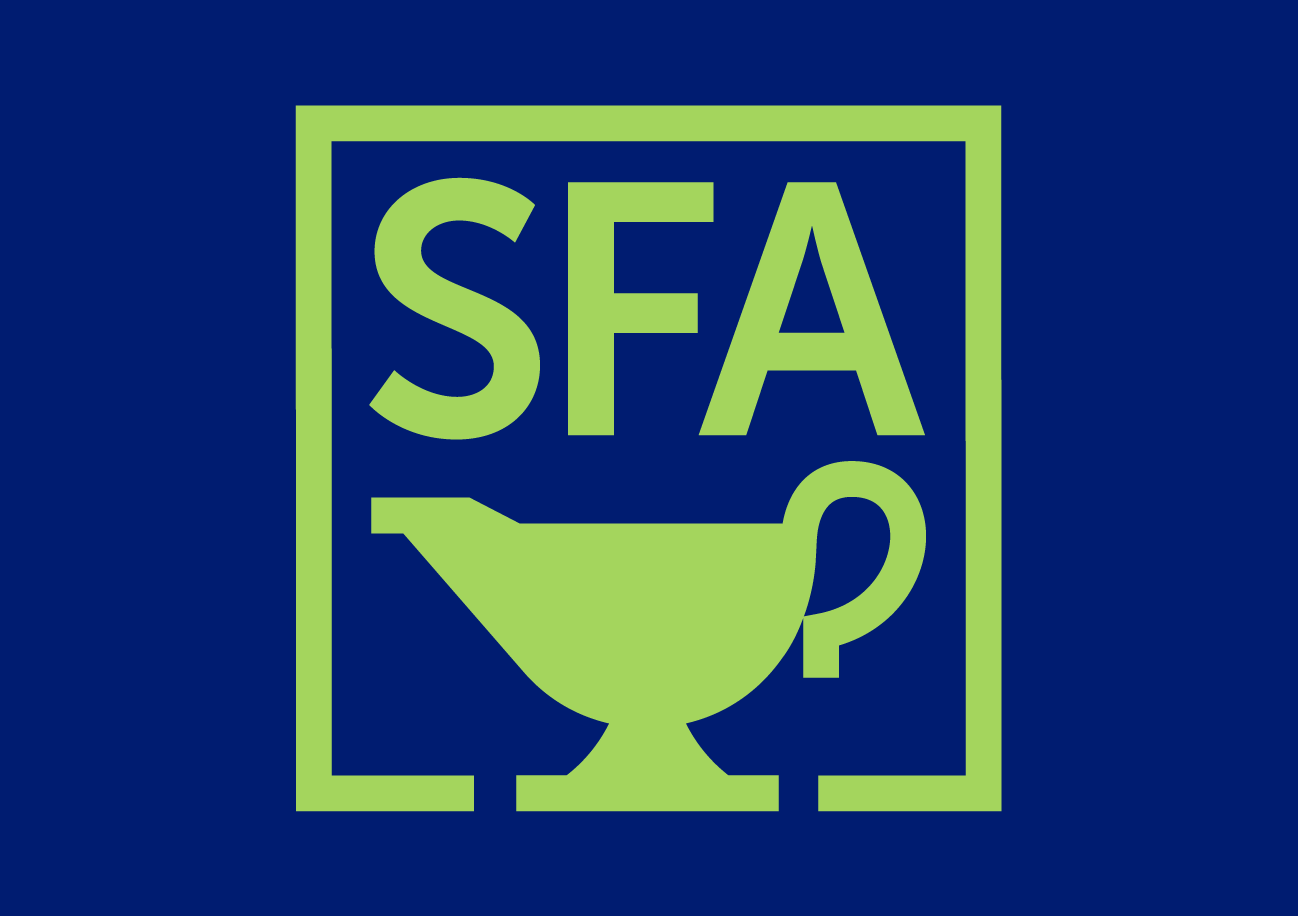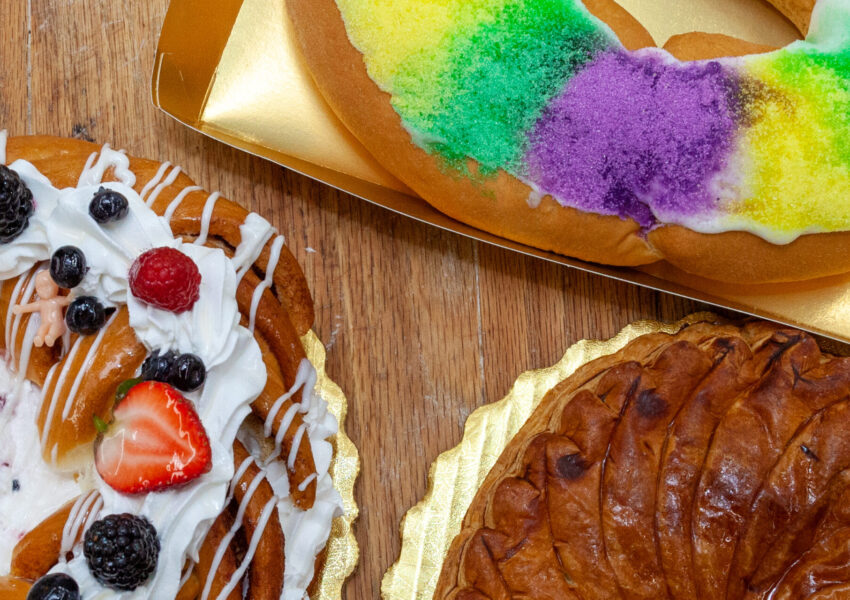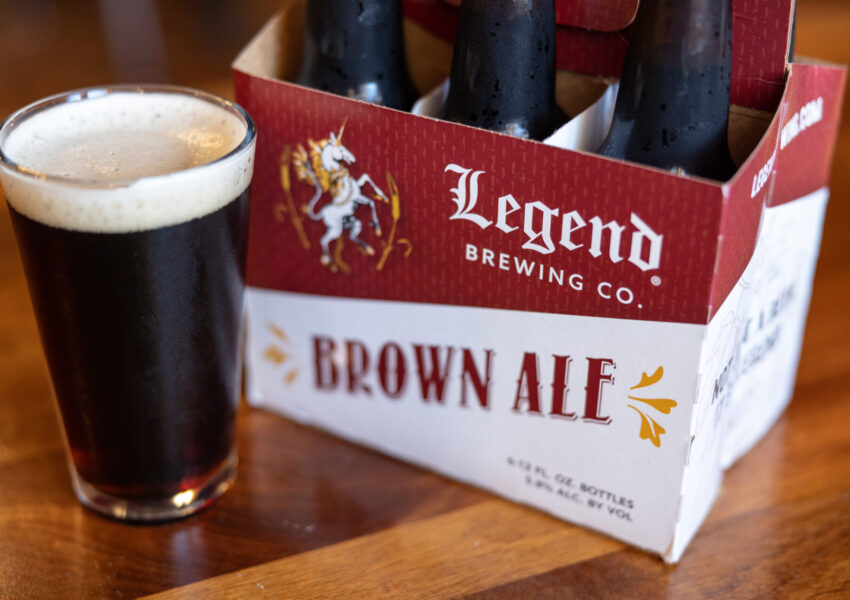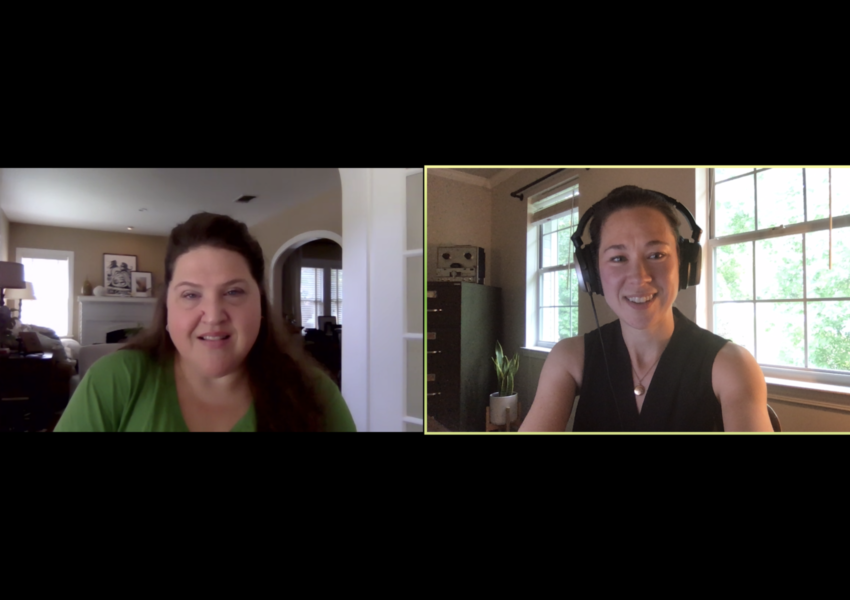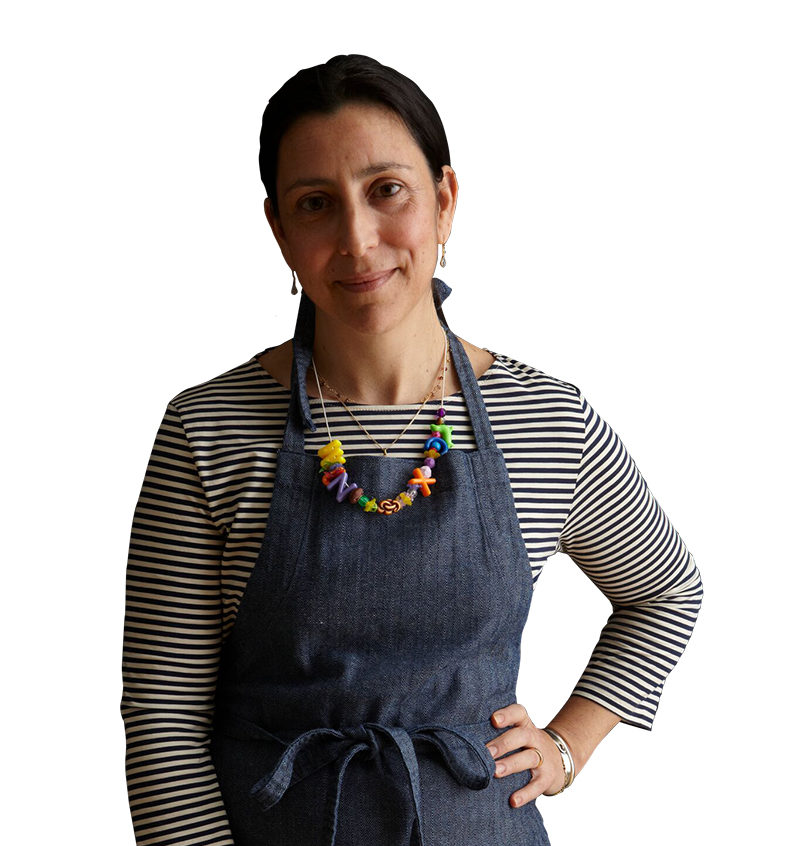Since the onset of the COVID-19 pandemic in 2020, mutual aid groups have sprung up across the world to help meet people’s basic needs. Mutual aid, often described as “solidarity not charity,” takes as a founding principle that each person has something to provide, and at the same time has something they need. The giving and receiving of food is often a central aspect of these networks.
New Orleans has a long history of mutual aid. The roots of the city’s famous Social Aid and Pleasure Clubs reach back hundreds of years. The clubs served as a financial support system for enslaved Africans and free people of color to provide deceased community members with proper burials. In the wake of Hurricane Katrina, mutual aid groups formed to help New Orleanians through long-term recovery.
During the pandemic, mutual aid in New Orleans and the surrounding region has taken the form of sandwich distributions to unhoused folks, grocery deliveries to quarantined families, and new community gardens. Some groups mobilized for the first time and were able to scale up their work to meet people’s needs after two record-breaking hurricane seasons rocked south Louisiana. Other existing organizations and individuals pivoted to address the pressing needs of these compounding disasters.
Spirit Paris McIntyre describes the creation of Southern Solidarity, a group that mobilized in the spring of 2020 to provide regular meals, basic hygiene kits, and clothing to unhoused people in New Orleans. Dan-Ramiah Bingler details how he helped establish the Greater New Orleans Caring Collective to deliver groceries to hundreds of families after he was furloughed from his fine-dining job at the onset of the pandemic. Chenier “Klie” Kliebert, the executive director of Imagine Water Works, details the successes of the group’s mutual aid Facebook group, which was a key tool in their response to Hurricane Laura in 2020. Cristiane Rosales-Fajardo, of El Pueblo NOLA-NOLA Village, describes running a food distribution site from her home in New Orleans East, where she focused on securing ingredients specific to her community’s cultures. And Ida Aronson, a member of the United Houma Nation, talks about establishing the Yákani’ Ékelanna’ community garden, which provided produce to tribal members and became a central coordination point for mutual aid after Hurricane Ida.
Each of these conversations highlights the ways in which people came together to care for each other when more traditional modes of support—be it from the government or other institutions—broke down.
*******
Sources:
“About Us.” Common Ground Relief. Accessed November 13, 2022. https://www.commongroundrelief.org/about-us/.
Celestan, Karen. “Social Aids & Pleasure Clubs.” Music Rising at Tulane. Accessed November 13, 2022. https://musicrising.tulane.edu/discover/themes/social-aids-pleasure-clubs/.
Tolentino, Jia. “What Mutual Aid Can Do During a Pandemic.” The New Yorker, May 11, 2020. https://www.newyorker.com/magazine/2020/05/18/what-mutual-aid-can-do-during-a-pandemic.






